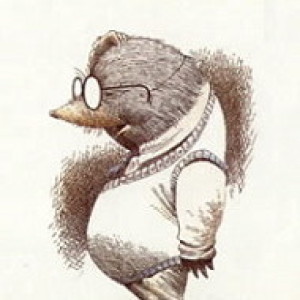Face off between a fly and a bee on a hawkweed.
The spledidly named Mouse-ear hawkweed Pilosella officinarum is in full flower over on the heaths of Forvie Moor.
It was once much used in herbal medicine. The herbalist Nicholas Culpeper (1616 – 1654) for example, tells us that:
"The juice taken in wine, or the decoction drunk, cures the jaundice, though of long continuance, to drink thereof morning and evening, and abstain from other drink two or three hours after. It is a special remedy for the stone and the tormenting pains thereof; and griping pains in the bowels. The decoction with Succory and Centaury is very effectual in dropsy and the diseases of the spleen. It stayeth fluxes of blood at the mouth or nose, and inward bleeding also, for it is a singular wound herb for wounds both inward and outward.... There is a syrup made of the juice and sugar by the apothecaries of Italy, which is highly esteemed and given to those that have a cough, and in phthisis, and for ruptures and burstings. The green herb bruised and bound to any cut or wound doth quickly close the lips thereof, and the decoction or powder of the dried herb wonderfully stays spreading and fretting cankers in the mouth and other parts. The distilled water of the plant is applicable for the diseases aforesaid and apply tents of cloths wet therein."
Introduced to North America, New Zealand and Australia it is regarded as a serious invasive pest.

Comments
Sign in or get an account to comment.


